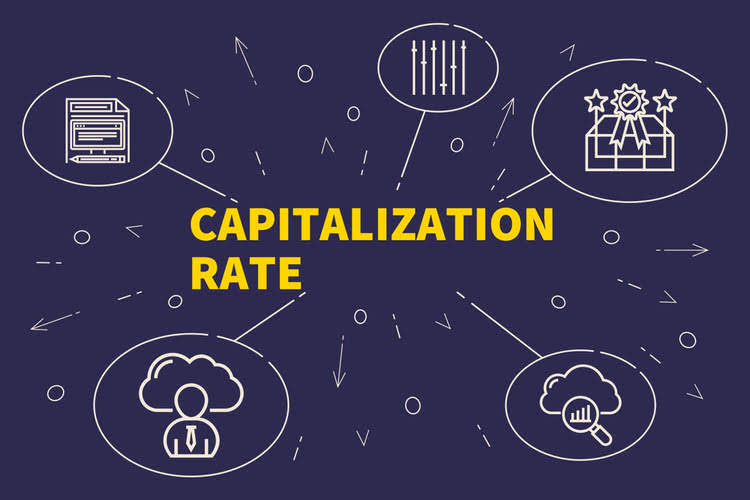
Bookkeeping involves ensuring businesses properly categorize and meticulously record every deposit and withdrawal. This ongoing process offers a clear picture of a company’s financial health at any given time. It also provides concrete data on whether you’re making a profit, where you can save money, and whether you have enough cash flow to keep the business running smoothly.

Modern digital bookkeeping and accounting solutions blend certain aspects of both roles to give business owners greater control over and insight into their businesses. Rarely does a bookkeeper work on one big project for an eight-hour shift; instead, a typical workday involves juggling five or six smaller jobs. Nearly all bookkeeping is done using computerized accounting software and programs, so bookkeepers should be comfortable learning new technology if assets = liabilities + equity not proficient in it. Accountants typically need a bachelor’s degree in accounting or finance to qualify for many positions. These credentials showcase a high level of expertise and commitment to the profession.
Accurate recording of sales and expense receipts is crucial in bookkeeping as it ensures a comprehensive general ledger, aiding accountants in analyzing financial data. Understanding the difference between bookkeeping and accounting is essential for managing your business’s financial health effectively. Each plays a distinct yet interconnected role in maintaining accurate records and supporting well-informed choice-making.
Auditing activities include reviewing financial statements, testing internal controls, conducting substantive tests, assessing risk, and compiling audit reports. Auditors work independently to verify the accuracy and reliability of financial information. If you’re searching for accounting software that’s user-friendly, full of smart Accounting For Architects features, and scales with your business, Quickbooks is a great option.


These statements provide a comprehensive view of an organization’s financial health and performance. By leveraging the strengths of both professionals, you can ensure accurate financial records, strategic planning, and overall financial success. Accurate bookkeeping provides a reliable foundation of financial information for a company. By recording and organizing financial transactions precisely, bookkeepers ensure that the company’s financial records reflect its true financial position and performance. This reliable information is essential for decision-making, strategic planning, and evaluating the business’s financial health.
Bookkeeping and accounting are both essential practices that contribute to the financial health of a business while serving distinct purposes. Bookkeepers are responsible for recording day-to-day financial transactions, while accountants what is the difference between bookkeeping and accounting? analyze that data to prepare financial statements and offer strategic advice. This fundamental difference between bookkeeping and accounting sets the stage for understanding each role’s specific contributions to a business’s financial management.

We know that Bookkeeping and Accounting have different roles to play in your enterprise. We also know that both functions only work when done by experienced, skilled, and diligent staff. And we also understand that both procedures can be expensive to do in-house. But if we told you there was another way than having a bookkeeper and accountant on your team.
Credits boost your revenue accounts since they represent income your business has earned. For example, when a customer makes a purchase, you credit your revenue account, which increases your total income. Credits increase your equity because they show value being added to your business. For instance, when your company keeps profits instead of paying them out, or when you or an investor puts in more capital, you credit the equity account to reflect the growth in ownership. For instance, when you make a purchase on credit or take out a loan, you credit your liability account because you’re adding to your financial obligations. The owner’s equity and shareholders’ equity accounts are the common interest in your business, represented by common stock, additional paid-in capital, and retained earnings.
Bookkeepers play a part by keeping records current, so accountants always have the right information for their plans. Financial planning involves setting goals and making a path to reach them. Accountants take the numbers from bookkeeping and build a plan for a company’s future. This includes making budgets, forecasting income and spending, and planning for investments. When a company faces important choices, such as expanding to a new market or cutting costs, accountants play a key role. They review data, spot trends, and create reports to help leaders understand the possible outcomes.
h12313_timefor, 17.12.2024